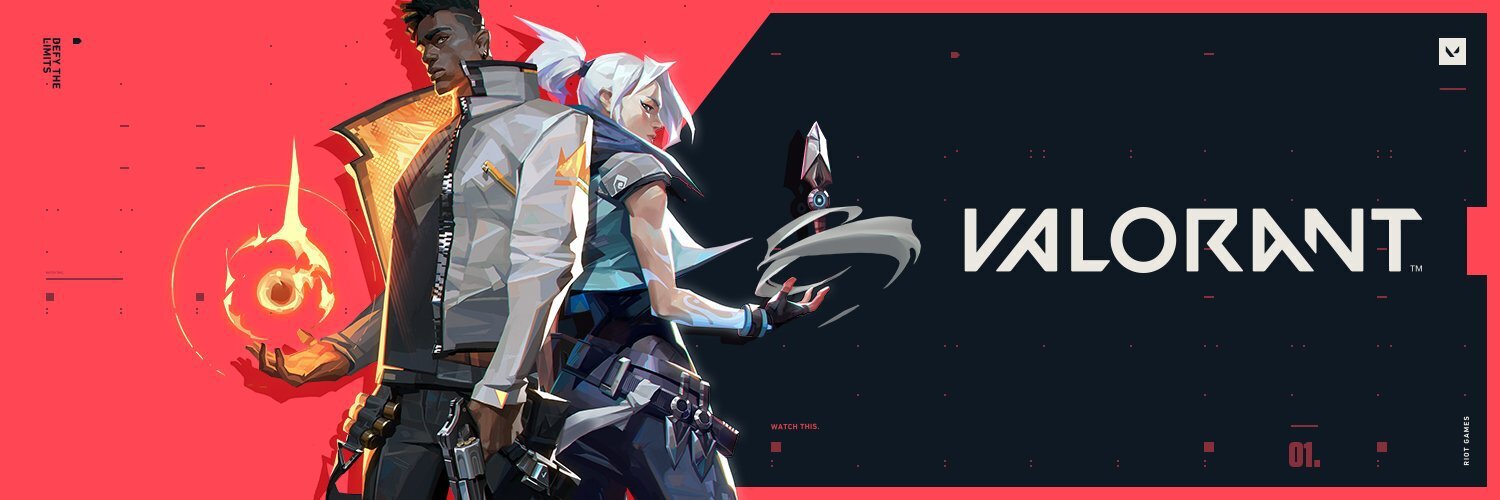
Riot Games have announced a new policy in their Terms of Service that will allow them to record voice comms once a report of disruptive behaviour has been submitted. We discuss why they brought the change in, and what it means for the players.
Though gamers are usually more progressive than given credit for - we rejoice as T-Pain destroys the team that screamed racial expletives at him on CoD - there are still those who insist on demeaning us all with their bigotry. If you've played video games online, of any description, then you've probably been exposed to some aggressive language. Ff not (and this is, unfortunately, more likely) outright racism, homophobia and ablism. Riot Games have decided to take decisive action against this behavior, starting with the Valorant fanbase.
What's Riot Doing With Valorant Voice Comms?
Riot Games plan to begin recording the voice communication of players on Valorant once a report for disruptive behavior has been submitted. To be specific,
When a player submits a report for disruptive or offensive behavior in voice comms, the relevant audio data will be stored in your account’s registered region and evaluated to see if our behavior agreement was violated. If a violation is detected, we’ll take action.
While they have not specified the exact action they will take, the devs have spoken previously about trying to match the punishment to the offense.

What Games Will Riot Games Record Voice Comms For?
For now, Riot Games are only implementing voice evaluation on Valorant. They are clearly aware of how gamers might react to being recorded, and state explicitly:
VALORANT is the only available game that currently plans to utilize the ability to record voice data and review it when disruptive voice behavior is reported.
So for now at least, Valorant is the only game affected by the changes. But, if the scheme can reduce toxicity then perhaps we will see it adopted both in other games and by other developers.
Why Voice Evaluation?
Toxicity takes numerous forms in the world of online gaming and esports, but in-game behavior has only so much potential for harm, whereas what's said to players can be as hateful as the offender desires. As we once said, it's exactly those verbal assaults - often directed at minorities, and, particularly because they are identifiable by voice, women - that contribute to a lack of diversity in esports.

For a game like Valorant,muting other players is not feasible, and frankly, it's the equivalent of telling someone subjected to verbal abuse in real life to 'just put your headphones in'. No, this would not be an option, and Riot Games' decision to actively tackle toxicity, alongside professional teams and world charities, is a welcome one.
This is always going to be a controversial issue, and it's one we really appreciate your views on. Was this the wrong take? Are there any issues you foresee? Let us know on Facebook or Twitter, and to stay informed on these issues and others create a free EarlyGames account.
If you're unfamiliar with Valorant, maybe now's the time to give it a go, check out our breakdown of the game in 60 seconds...
READ MORE:






























